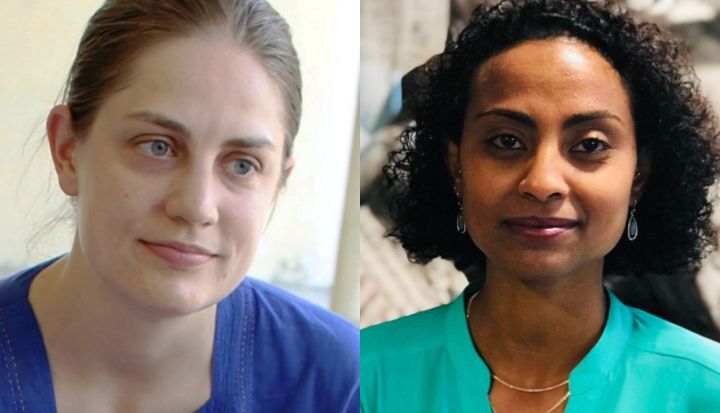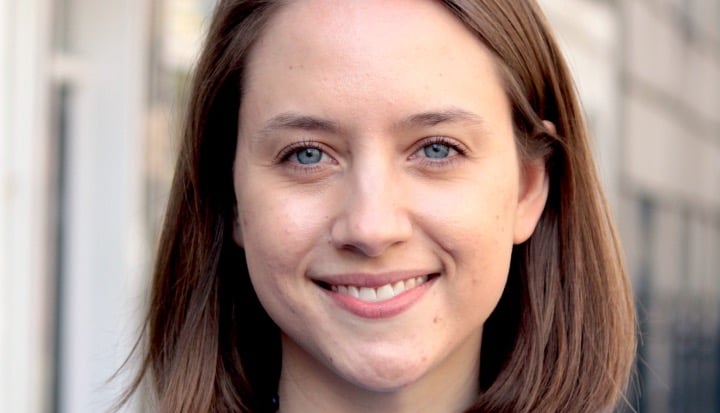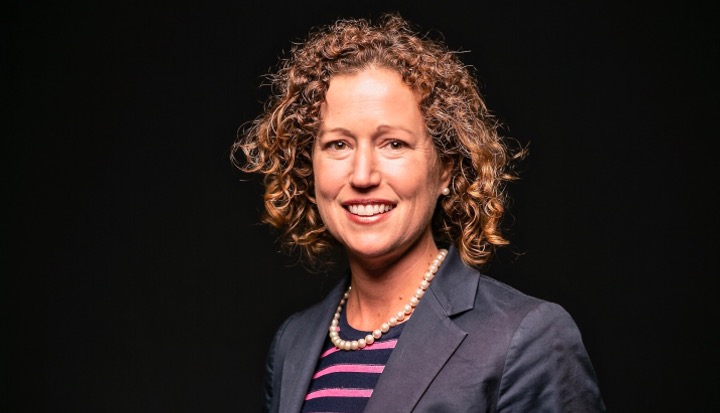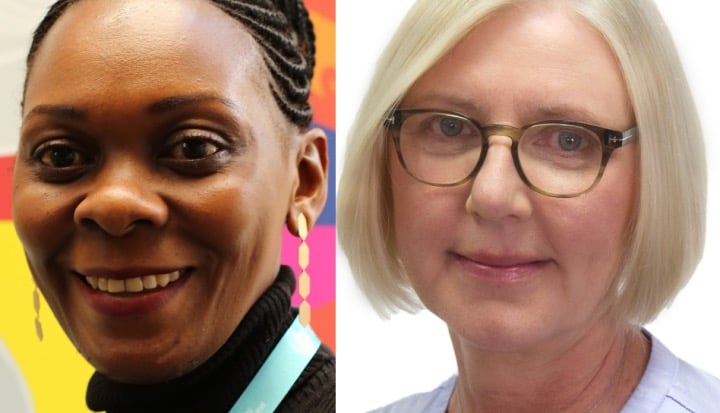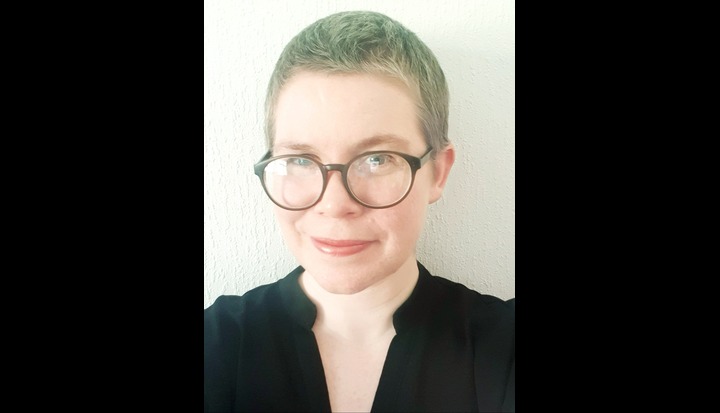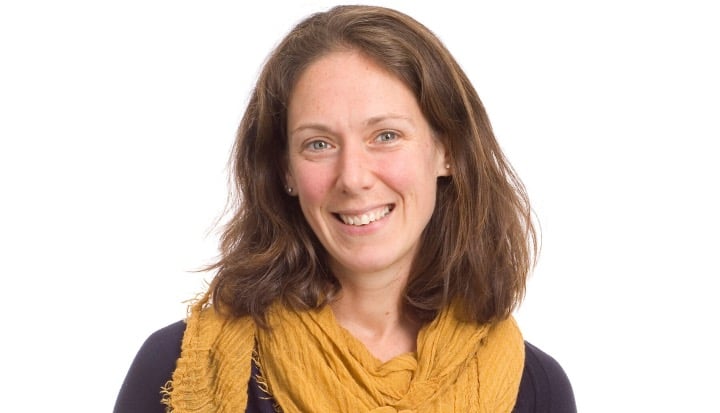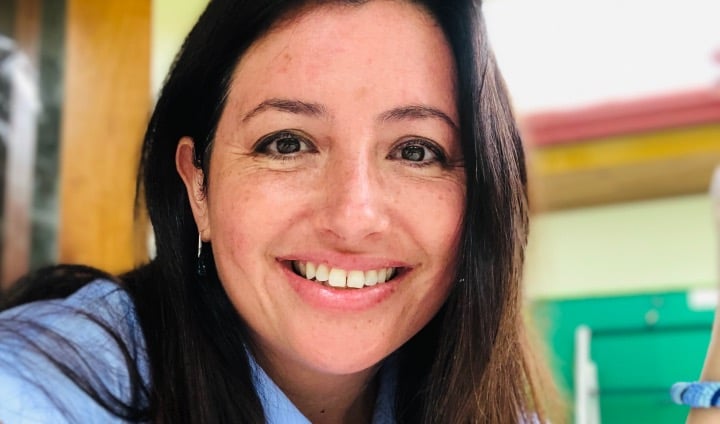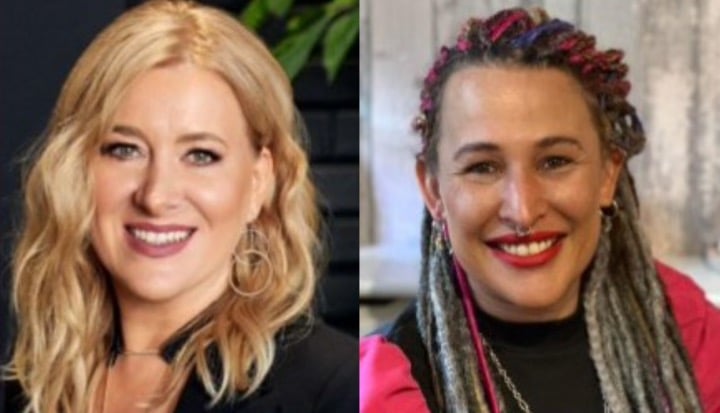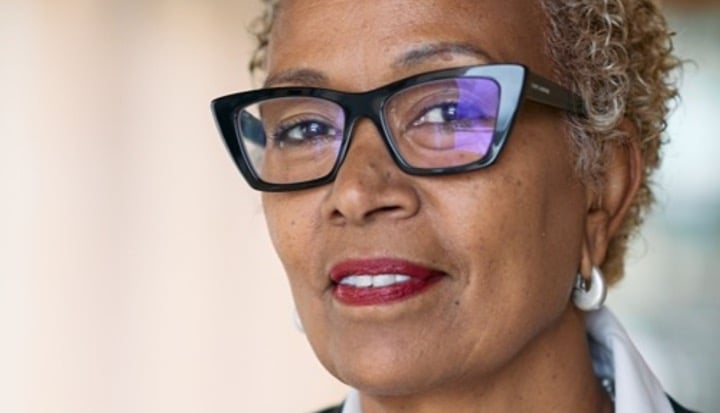BFP: What do you do?
CJ: Ha! This is one of the questions we’re asked on a regular basis – ‘what exactly does Realized Worth do?’ Admittedly, most people who ask this question are friends and family who don’t spend every waking moment thinking about Corporate Citizenship, CSR, Corporate Community Investments programs and Employee Volunteering. Even still, some faithful readers of our blog or even our online social community may be a bit fuzzy about our daily activities. So this is a great opportunity to paint a picture of the kind of work we do.
The short answer is that Realized Worth works with companies to design and implement outstanding employee volunteer programs. But that breaks down into three basic types of activity.
First, we talk. A lot.
A big part of our routine is presentations. These take place in the form of workshops, keynoting at conferences, or as online webinars. Our topics vary, but we’re always talking about employee engagement in one of the following three areas:
- Social Media – A powerful tool for engaging employees (and other stakeholders) in a company’s CSR and corporate volunteering programs.
- Employee Volunteering – How to design, implement and optimize your program.
- Corporate Citizenship/Sustainability – Without strong employee buy-in, strategies never take off.
Second, we work with clients.
Our goal is to design and implement outstanding employee volunteer programs with a sustainable approach that enables the leadership and influence of the employees themselves. Typically our clients are large international corporations with existing employee volunteering programs that want to increase participation and impact.
Third, we research and write.
We conduct surveys, spend time talking to practitioners in the field and read (a lot). We use this research to write for books (HR for CSR), magazines (IABC Communication World), book reviews (Stanford) and help out with research projects such as Boston College’s Mapping Success in Employee Volunteering. We’ve recently contributed to CSR manuals being produced in Austria, Ukraine and Slovakia.
Oh, and I forgot, we also blog (duh).
BFP: What is the best part about your job?
CJ: There are a myriad of reasons companies have employee volunteer programs. For example, volunteering is growing in popularity, volunteering is an effective means of engagement in the CSR strategy, volunteering communicates powerfully to the community. But whether or not companies realize it, there is one reason for employee volunteering and giving that stands above all the rest. The reason is this: it creates better people.
Take a moment to consider the places where volunteering takes place. Usually it happens in the gaps left between what the systems of our society can do and what is needed: homelessness, hunger, poverty, sickness, etc. When we step into these spaces we go beyond what we know and have experienced. We volunteer to help, but when we decide to help someone else, something amazing happens: we remember our humanity.
It doesn’t happen for everyone and when it does happen, it doesn’t look the same for everyone. But without question, the spaces of need we go to when we volunteer are rich with reminders of what really matters in life.
Unfortunately, many of us spend our lives worried and anxious about health and wealth. We estimate our value based on what we drive, where we live, how much we make, and the degrees we’ve accumulated. These things are important, but they do not determine our value. Our humanity is not defined by what we own, how much money we make, or how much we can sell. These realizations tend to find us in a meaningful way when we step into the gaps and see the humanity that lives there – the humanity that is equal in value to you and me.
We call these moments of realization epiphany.
When it happens – you are changed forever. It is a transformative experience.
This is the best part of my job.
BFP: What has been your greatest challenge (around business and development)?
CJ: The greatest challenge we have had in building our business is gaining a platform from which to speak about what we know is important.
We have used social media to make connections, share good information, and add value to the conversation that has been happening on the topic of corporate volunteering. It has worked very well – but we’ve had to be very patient and let it happen.
BFP: How have you overcome these challenges? What lessons have you learnt?
CJ: I don’t think we have a secret for success. We leaned very heavily on what we knew we were good at and didn’t worry too much about all the rest.
I would add that partnerships have been key. From the beginning we decided that we didn’t really have competitors. Rather, we had colleagues in the same field and we decided we wanted to help them with their success wherever possible. This collaborative approach has made all the difference in the world. We’ve been invited to join groups, attend conferences, introduced to decision makers – all because people know that we want them to succeed.
BFP: If someone wants to do what you do, where should they start?
CJ: This field is so new, the starting place is reading and listening – but get online and let your community curate the information for you. The CSR/Corporate Citizenship community is very generous and relatively small. I started by asking questions and making phone calls. Don’t worry about coming across like you’re not competent – people love to help and it’s a great way to build a solid network.
Also, we started another business to pay the bills while we learned for 22 months. We didn’t take one client. We were asked, but we said no. This decision kept us from working on projects that were not our primary strength. It also enabled us to understand our business model (which changed once a month for those 22 months).
BFP: Finally: what do you hope to get out of being part of this community?
CJ: Business Fights Poverty has been instrumental in building our business in the following ways:
- Instant community – I’ve found great people from around the world and literally down the street who have helped us get where we are today on BFP.
- Good information – The knowledge shared on this site has been a staple in my learning journey.
- Awareness – With so much good info being passed around I’ve always felt on top of what was happening – in real time.
- Prioritizing – In the beginning it’s hard to know what is most important and where to start
- SEO – If you are writing a blog you need to be posting it on this site as well. Not only will it help you be seen and understood by the BFP community, the site itself helps you get found on Google. I cannot tell you how helpful the work BFP has been in our promotional work.
Editor’s Note:
Thank you to Chris Jarvis for taking the time to do this interview. Read Chris’ latest blog here.
We’re always looking out for members to feature. Help us by taking two-minutes to update your profile, or by me****@bu*******************.org“>nominating someone for Business Fights Poverty Member of the Week.
This Member of the Week interview was conducted by Hester le Roux, BFP Member Relations Manager. Read previous Member of the Week interviews here.

